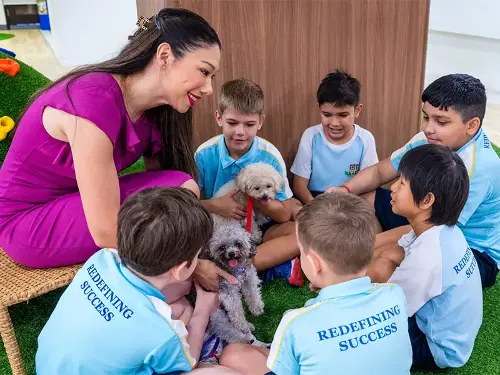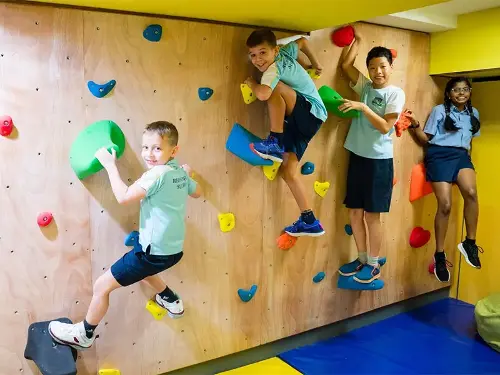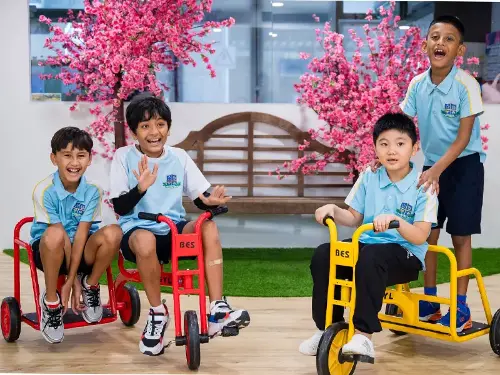Recent studies show that bullying affects students as young as primary school age. Integrated International School (IIS) has a unique way of dealing with bullying in schools. DR VANESSA VON AUER, a clinical psychologist and the founder of IIS shares how they use student support and Individual Education Plans to do so.

How does IIS approach bullying in schools?
It’s crucial that the school, the teachers and the parents are equipped to identify and address these signs early on. This prevents long-term psychological effects of bullying
A strong support system is essential in helping children recover and thrive. IIS employs a “restorative justice” approach that supports both bullies and victims. This ensures that the victim feels that the school acknowledges their experience and they have the support of the school. This makes them feel safe to attend school. It also ensures that the bully receives help, as they may be going through something challenging and aren’t better able to cope. However, IIS makes it clear that their bullying actions are harmful and the school doesn’t tolerate this.

This approach may also involve facilitating dialogue between bullies and victims, and it also aims to delve into the underlying causes of bullying behaviour, enabling a supportive pathway to behaviour change.
IIS also runs extracurricular activities, one-on-one counselling, and group activities that aim to build empathy and resilience among students. The school believes that fostering emotional intelligence and social awareness is key to bullying prevention.
What is an Individual Education Plan for students? How do they help tackle bullying?
An Individual Education Plan foster confidence, inclusivity, and psychological safety through tailored educational strategies through:
- Building confidence: Personalised learning boosts engagement and self-esteem, helping students navigate social challenges assertively.
- Cultivating inclusivity by redefining success: Shifting focus from standardised benchmarks to personal growth reduces peer comparisons, curbing exclusion.
- Strengthening social-emotional skills: Targeted exercises, such as conflict resolution, address issues like anger/anxiety management in bullies and empower victims.
- Empowering parent-teacher collaboration: Open dialogue ensures early intervention, with parents advocating for a supportive and positive environment, for example social skills groups, and teachers adjusting strategies.
- Creating a supportive school culture: Child-centric collaboration builds trust, encouraging students to report bullying and act as proactive bystanders.

How can parents be involved?
Disciplinary action has its place especially when bullying persists, but we find that engaging with students on an emotional and psychological level helps to address the root causes of their behaviour.
IIS connects parents of both victims and bullies to immediately address bullying. By understanding and addressing these together, we hope to prevent recurrence and promote healthier interactions among students.

Parents play a critical role in modelling positive behaviours and setting the foundation for mutual respect. When schools and families work hand-in-hand, we create a more consistent support network for children, reinforcing that everyone is valued and kept safe both at home and in school.
Integrated International School is at #01-01 Capital Square Two, 21 Church Street.
6466 4475 | iis.edu.sg